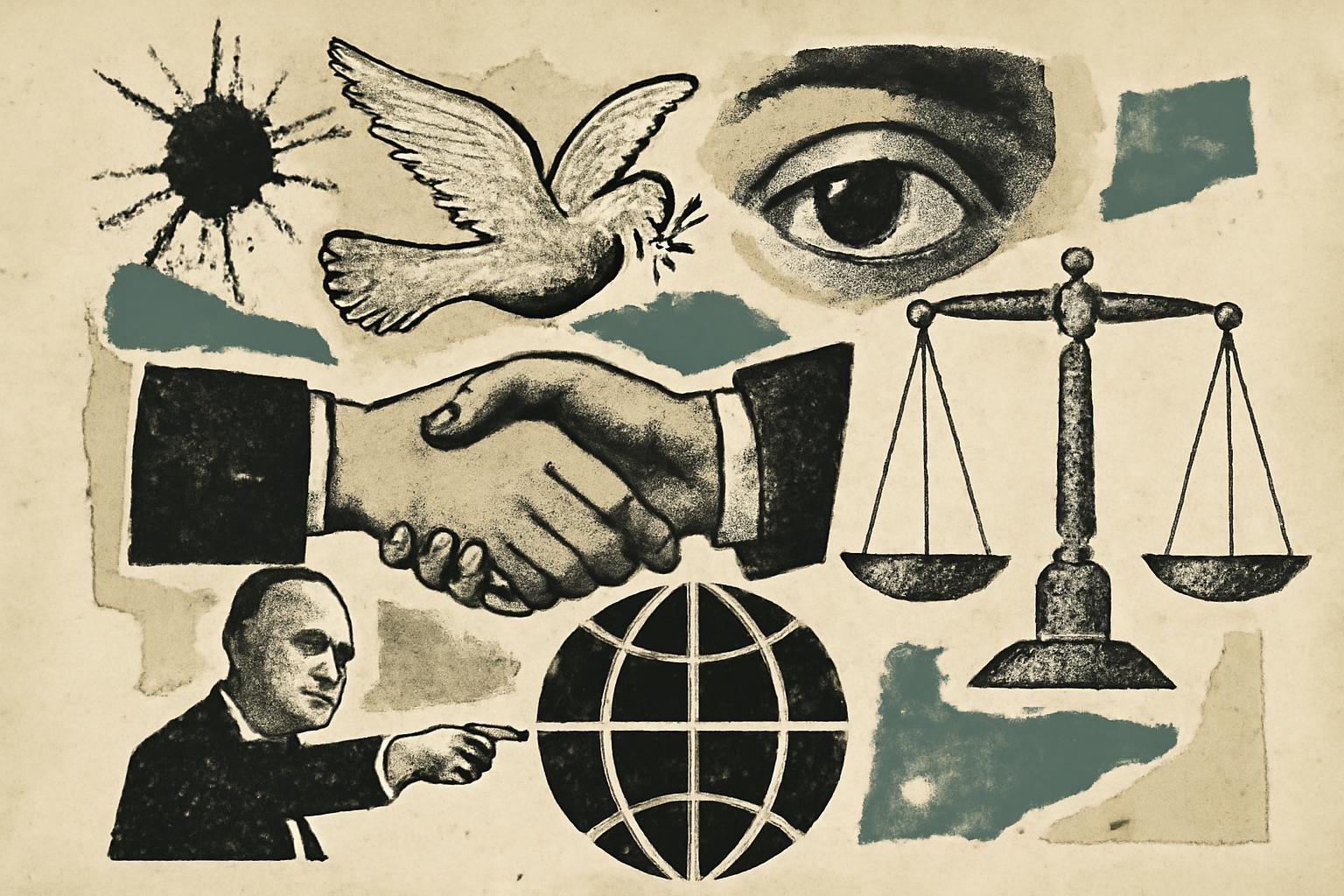The theater of peace talks is the same old theater: a cartel of state actors trading concessions while pretending they’re charting a path to liberty. When leaders speak of safeguarding “fundamental European and Ukrainian security interests,” they’re not defending individuals’ lives; they’re extending the reach of the state into every nook of property, trade, and choice. Realism without restraint becomes a recipe for bigger coercive power, more sanctions, more troops, and less freedom.
Hayek told us the knowledge problem kills grand designs. You can’t central-plan peace the way you plan a budget. The map of human interaction is written by countless local decisions—entrepreneurs, landlords, farmers, negotiators at the micro level—none of whom can be commanded into a “peace” by a videoconference. When the power-well connected tell us they’ve outlined a roadmap shaped by pressure from Washington and Brussels, they reveal the crucial truth: peace as a product of coercive bargains is fragile, because it rests on threats, not voluntary consent. Any settlement that pretends to be durable but relies on the guns behind it will crumble as soon as the next price shock arrives.
Nozick’s rights theory cuts through the euphemisms. Ukraine’s right to self-defense is real, but the state’s right to tax, conscript, sanction, and broker land-for-peace deals is not a moral end in itself. The moment you try to prop up a peace by coercing territorial changes or constitutional reconfigurations under wartime duress, you turn rights into negotiable commodities—owned by politicians and armies, not by individuals. A stable order cannot be built on the barrel of a gun; it grows from the protection of life, liberty, and property and from associations voluntary and voluntary-only. If the price of “peace” is the surrender or reallocation of sovereignty mediated by state power, then what you’re truly buying is a longer leash for coercive authority, not a lasting settlement for people.
Rand would call this out from the rooftops: the moral economy of liberty rests on rational self-interest and the primacy of the individual over collective projects. The idea that a multinational chorus of elites can broker a settlement that somehow transcends the competing claims of millions of individuals—while finance ministries, ministries of defense, and international bodies bankroll it—reads as a confident salute to collectivism dressed as diplomacy. The settler-colonial impulse of policy baked into “security guarantees” and “land swaps” is precisely what Rand warned about: sacrificing moral clarity to ease the conscience of conquest. No amount of rhetoric can sanctify coercive bargaining as virtue.
If we want a real path to peace, we must shrink the stage on which the state performs. End the escalator of external subsidies, sanctions, and military aid that transform a regional conflict into a global crisis managed by bureaucrats. Refrain from expanding NATO-style safety nets that externalize risk onto civilians and inflate the state’s horizon. Let Ukraine defend its rights through peaceful, voluntary means—trade, private arbitration of disputes, and mutual defense pacts formed by consent rather than conscription. Remove the artificial incentives to negotiate under a gun. If any settlement is to endure, it must arise from the free decisions of people and property-holders, not from a conference room where the only enforceable language is “do this or else.”
The potential for peace lies not in another grand bargain hammered out under the glare of headlines, but in resisting the urge to turn everything into a geopolitical project. The spark of hope is not a blueprint handed down by the state, but the revival of spontaneous order: freer markets, freer cross-border exchange, and a diplomacy that respects sovereignty, rights, and the right of individuals to live their lives without being pawns in a power game. If you want peace, you must trust people to organize, cooperate, and secure their own lives—without the omnipresent umbrella of state coercion.
